StoryBrand South Africa Certified Guide & Coach | Duct Tape Marketing Consultant

About Vicky Sidler
Marketing News Reporter & Industry Journalist
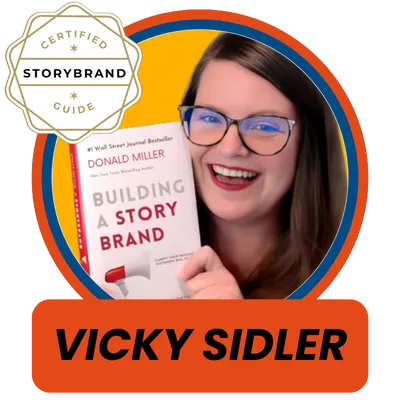
Vicky Sidler is an experienced marketing industry journalist and strategist with more than 15 years in journalism, content strategy, and digital marketing. As a Marketing News Reporter for Strategic Marketing Tribe, she covers breaking developments, trends, and insights that shape the marketing world—from AI in advertising to the latest in customer experience strategy.
Vicky is an award-winning StoryBrand Certified Guide and Duct Tape Marketing Certified Strategist, combining two of the most effective marketing frameworks to help small businesses simplify their message and build marketing systems that work. Her journalism background ensures every piece she writes is fact-checked, insightful, and practical.
Her articles regularly analyze key marketing trends, platform updates, and case studies—offering small business owners, marketers, and industry professionals clear, actionable takeaways. She specializes in topics such as:
Digital marketing strategy
Content marketing and brand storytelling
Marketing technology and automation
AI’s impact on marketing
StoryBrand and Duct Tape Marketing best practices
Education & Credentials
BA in Journalism & English, University of Johannesburg
StoryBrand Certified Guide
StoryBrand Certified Coach
Duct Tape Marketing Certified Strategist
Over 20 years in journalism and marketing communications
Founder & CEO of Strategic Marketing Tribe
Winner of 50Pros Top 10 Global Leader award
Contact
Recent Work
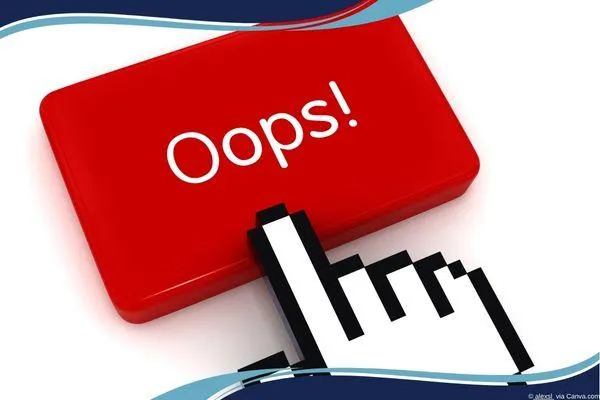
AI vs Human Music: Why Imperfection Wins
By Vicky Sidler | Published 31 October 2025 at 12:00 GMT+2
When pop star Charlie Puth says AI will never replace human-made music, he isn’t being dramatic. He’s being observant. In a recent reel, he pointed out that what makes music powerful isn’t technical precision—it’s the tiny flaws. The missed chord. The uneven tempo. The stuff no algorithm would dare leave in.
According to Puth, AI drums sound bland because they’re too perfect. There’s no personality in a beat that never slips or swings. He even reminds us that in Hey Jude, Paul McCartney swore mid-recording after hitting the wrong chord—and they left it in. The Beatles didn’t hide their humanity. They built a legacy on it.
TL;DR:
AI makes music too clean to feel real
Imperfections—like tempo changes or offbeat moments—create emotion
Authenticity beats precision in music and in marketing
👉 Need help getting your message right? Download the 5-Minute Marketing Fix
Table of Contents:
AI vs Human Music: Why Imperfection Wins
What This Teaches Small Business Owners:
The Balance Between Precision and Personality:
1. What AI Hype Gets Wrong About Work
2. AI Tools Aren't Replacing Designers—Here's Why Not
3. AI in Marketing Needs Human Thinking
4. AI Disasters That Cost Millions and What You Should Learn
5. It's Not Just You—AI Does Kinda Suck
6. Most People Can't Spot AI Ads—Why That Matters for Your Brand
FAQs on AI, Music, and Human Creativity
1. Why does Charlie Puth think AI can’t replace human-made music?
The Magic of a Missed Note:
Puth’s point about Kanye West’s Stronger hits home. The song uses an open hi-hat where a snare should be. It shouldn’t work—but it does. That kind of rule-breaking gives the song its edge.
AI, on the other hand, removes what it doesn’t understand. It edits out the stumbles, flattens the tempo, and delivers something technically flawless but emotionally empty. It’s like a speech that sounds great on paper but makes you feel nothing.
As Puth puts it, “Music was meant to breathe.” When Earth, Wind & Fire recorded September, the song actually speeds up as it goes. You’d never notice unless someone told you. But that rising energy pulls you in. It feels alive because it is.
What This Teaches Small Business Owners:
You don’t need to be a songwriter to relate. Many small business owners try to make their marketing “perfect.” They polish every sentence, adjust every pixel, and overthink every word. But the truth is, people don’t connect with perfect. They connect with real.
That small typo in your social post? The unfiltered video you almost didn’t upload? The behind-the-scenes photo where your desk is a mess? Those are the things that make your brand human.
When you chase perfection, you risk losing the quirks that make your story interesting. AI can help you refine your ideas, but it can’t feel your passion. It doesn’t know what it’s like to fail, recover, and keep showing up anyway.
The Balance Between Precision and Personality:
Puth isn’t saying he’s against AI. He’s just saying it needs a partner. Technology should serve creativity, not sterilise it. The same goes for your marketing tools.
Use AI to structure your content, not to replace your voice. Let it suggest headlines or fix grammar, but keep the raw edges that make you sound human. Because the goal isn’t to sound perfect. It’s to sound true.
That’s what makes art resonate—and what makes brands memorable.
If your message feels robotic, maybe it’s time to let a little humanity back in.
Download my 5-Minute Marketing Fix to learn how to write a simple, authentic one-liner that connects—no auto-tune required.
Related Articles:
1. What AI Hype Gets Wrong About Work
Charlie Puth says AI can’t replicate human imperfection in music—and this article proves that’s true in business too. It explains why automation can’t replace insight, emotion, or judgment, and how leaning on AI too heavily makes your brand feel mechanical instead of magnetic.
2. AI Tools Aren't Replacing Designers—Here's Why Not
If AI music sounds soulless, AI design often looks it. This article breaks down why AI-generated visuals are still bland and predictable three years in, and why real designers—like real drummers—still matter for creating memorable work.
3. AI in Marketing Needs Human Thinking
Just as a song needs rhythm and emotion, marketing needs human judgment. This post explores how AI tools create endless content but can’t capture meaning or purpose without strategy behind them.
4. AI Disasters That Cost Millions and What You Should Learn
AI doesn’t know when to stop editing. This piece shares real examples of what happens when businesses let automation run unchecked—from tone-deaf chatbots to PR meltdowns—and how to keep your brand’s humanity intact.
5. It's Not Just You—AI Does Kinda Suck
Feeling underwhelmed by AI tools? You’re not alone. This article explores why generative AI still struggles with creativity and why the best ideas come from a mix of structure, spontaneity, and human judgment.
6. Most People Can't Spot AI Ads—Why That Matters for Your Brand
AI-made music and AI-made ads share a problem—they sound right but feel wrong. This post unpacks why emotional authenticity, not technical polish, is what truly builds trust and connection with your audience.
FAQs on AI, Music, and Human Creativity
1. Why does Charlie Puth think AI can’t replace human-made music?
Charlie Puth believes AI will never fully replace human-made music because it removes the small imperfections that make songs feel alive. He points out that human flaws—like missed notes, tempo shifts, and spontaneous energy—create emotion and connection in ways machines can’t replicate.
2. What are examples of imperfections that make music better?
Puth gives a few: Paul McCartney’s accidental curse in Hey Jude, the open hi-hat in Kanye West’s Stronger, and the tempo changes in September by Earth, Wind & Fire. Each moment breaks the “rules” yet makes the music more memorable.
3. How does this idea relate to marketing and business?
Just like music, marketing works best when it feels authentic. Small imperfections—like unscripted moments in a video or a slightly rough social post—help your audience trust you. Over-editing or relying too heavily on AI can make your brand feel distant and robotic.
4. Should small businesses still use AI tools?
Yes, but with balance. AI is great for organising ideas, cleaning up copy, or handling repetitive tasks. The key is to use it as an assistant, not a replacement for your voice. AI should help you express your ideas more clearly, not erase what makes them yours.
5. Why are imperfections important in marketing?
Imperfections signal honesty. They show your audience that a real person is behind the message. People don’t connect with perfect—they connect with relatable, genuine stories. That’s how brands build trust and loyalty.
6. How can small business owners find the right balance between AI and authenticity?
Let AI do the technical work, but always review the final result through your own lens. If something feels “too clean” or emotionless, tweak it until it sounds like you. The goal isn’t to be flawless—it’s to be real.
7. What’s the main takeaway from Charlie Puth’s message for business owners?
Creativity isn’t about perfection. Whether you’re making music or marketing, what matters most is how your work makes people feel. Human quirks, mistakes, and emotion create connection—and that’s something no algorithm can reproduce.
8. How can I make my marketing sound more human?
Start with a clear, simple message that reflects what your business truly stands for. Speak like you’d talk to a friend. Avoid over-polished, jargon-heavy copy. And if you need help finding your voice, try the free tool I created—
👉Download the 5-Minute Marketing Fix to write one authentic sentence that connects across every channel.
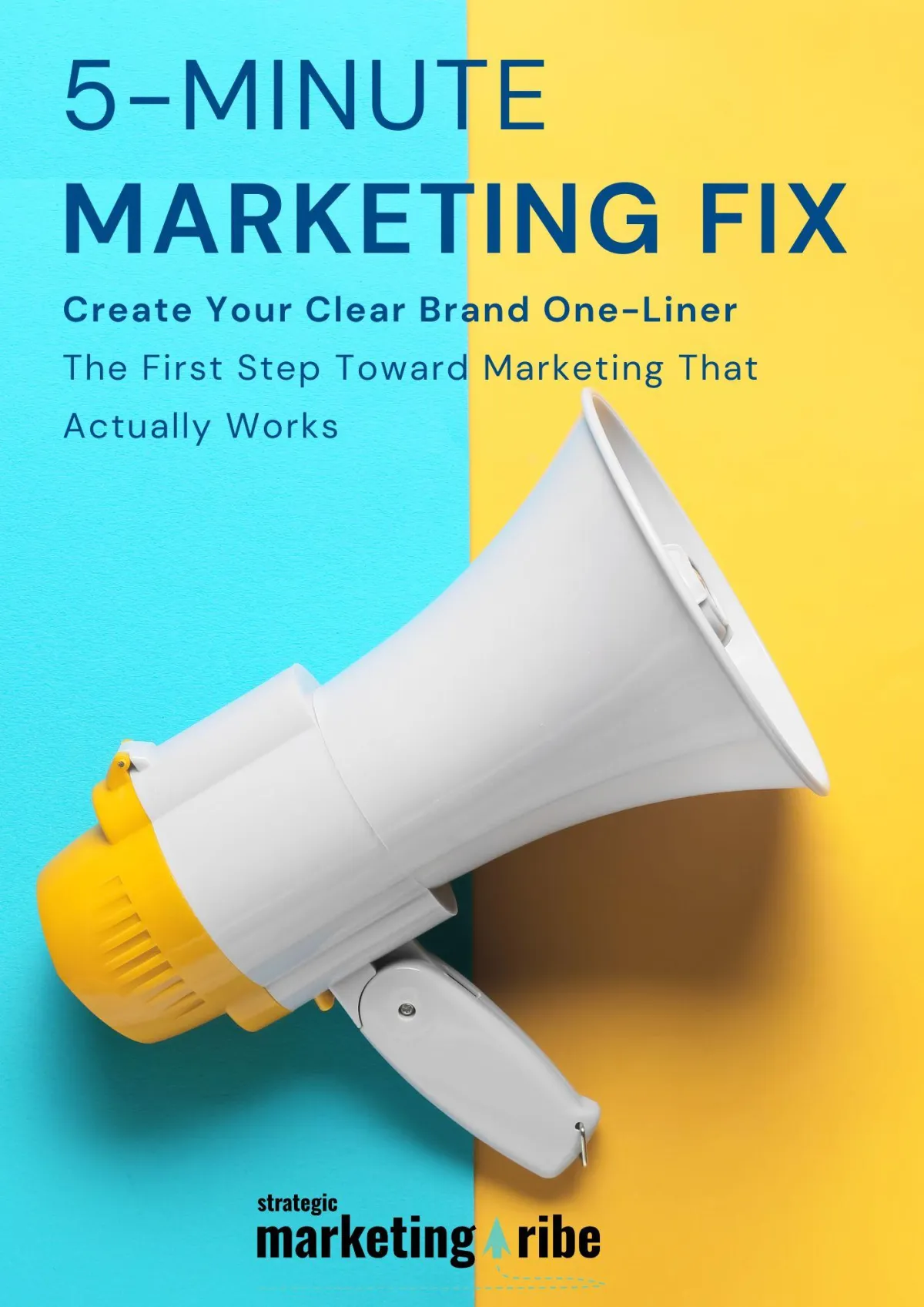
Created with clarity (and coffee)

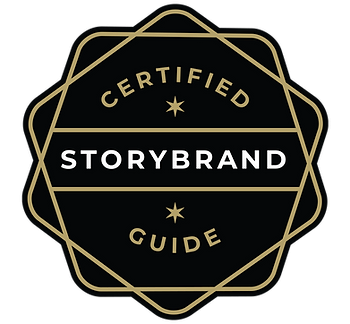
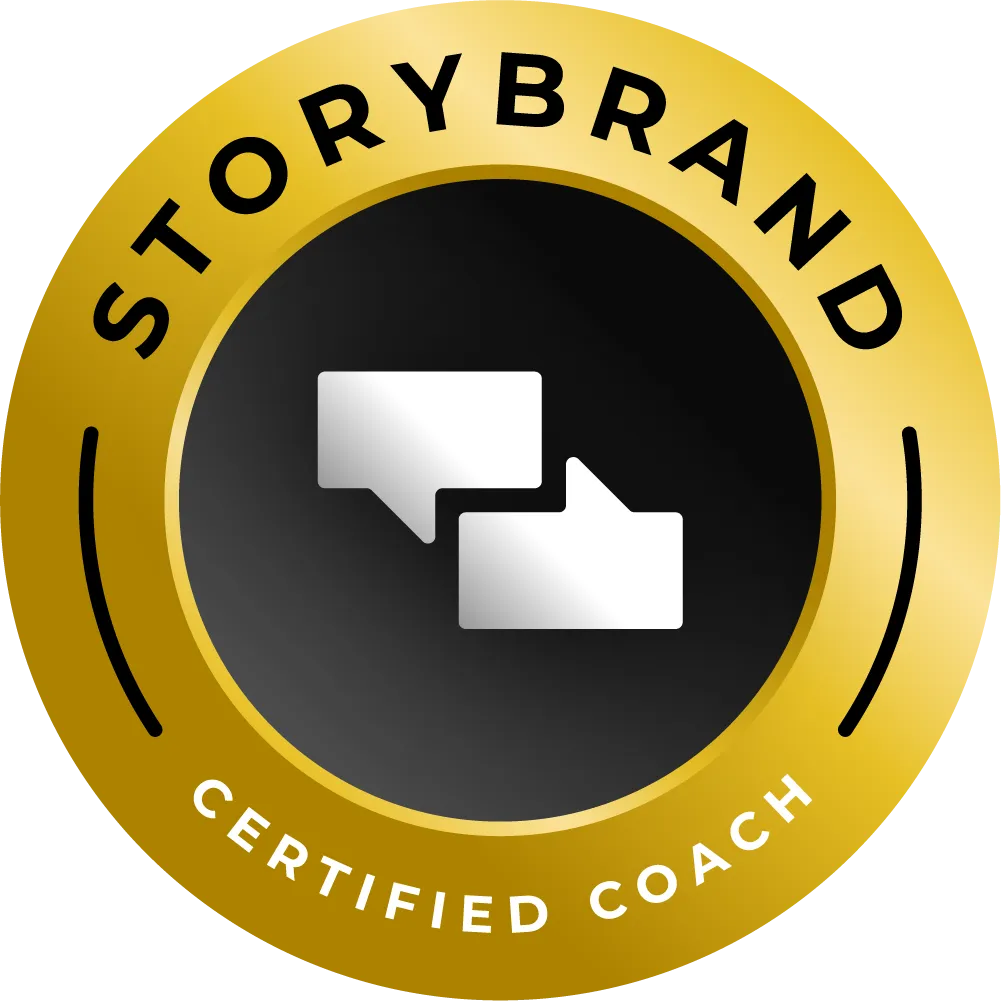



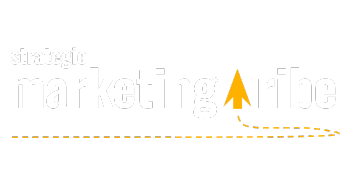

Mail
WhatsApp
LinkedIn
Website